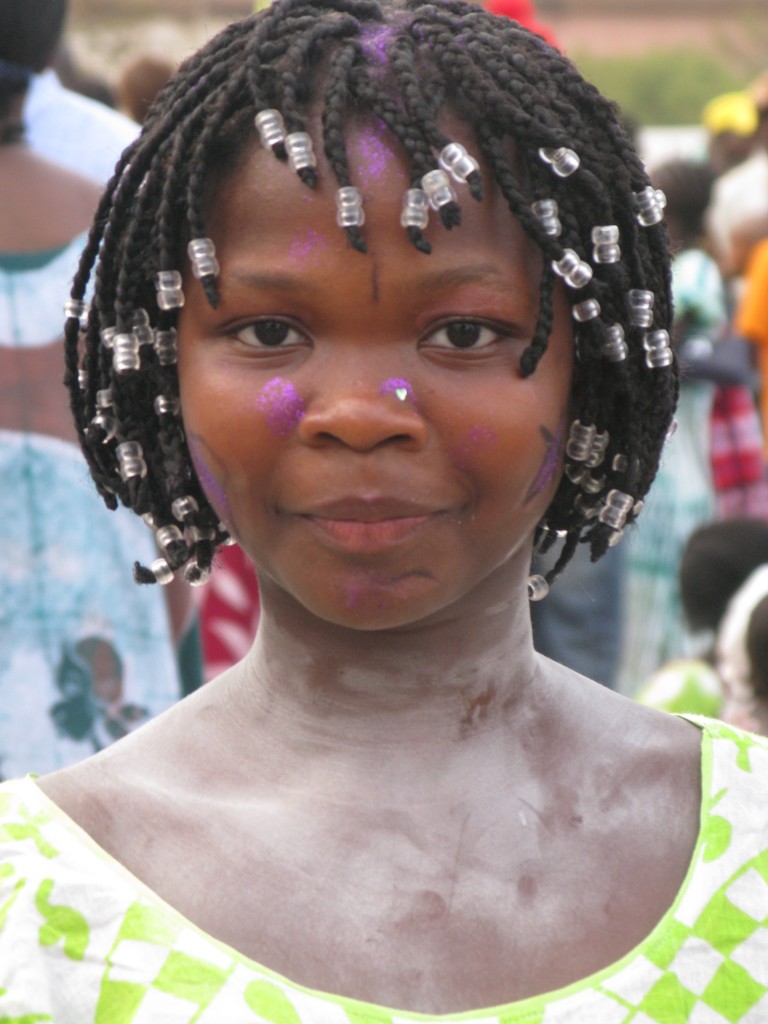
~ an essay with photos ~
For decades, the small West African country of Guinea-Bissau has been plagued by coups, misrule, political instability and non-existent infrastructures. It is often described as a failed state, a narco-state, a volatile country, a collapsed economy. Since its independence from Portugal in 1974, none of its elected leaders have ever completed a full term in office. Its economy is shattered. It is riddled with food insecurity because food prices are generally beyond the reach of a large part of the population. It is one of the poorest countries in the world. Guinea-Bissau ranks 178th out of 188 countries on the UNDP’s Human Development Index. Of the country’s approximately 1.8 million people, 69.3 percent live below the poverty line (US $2 per day), while 33 percent live below the extreme poverty line (US $1 per day). It is one of the few countries in Africa where poverty has stagnated or even increased over the past few years [1].
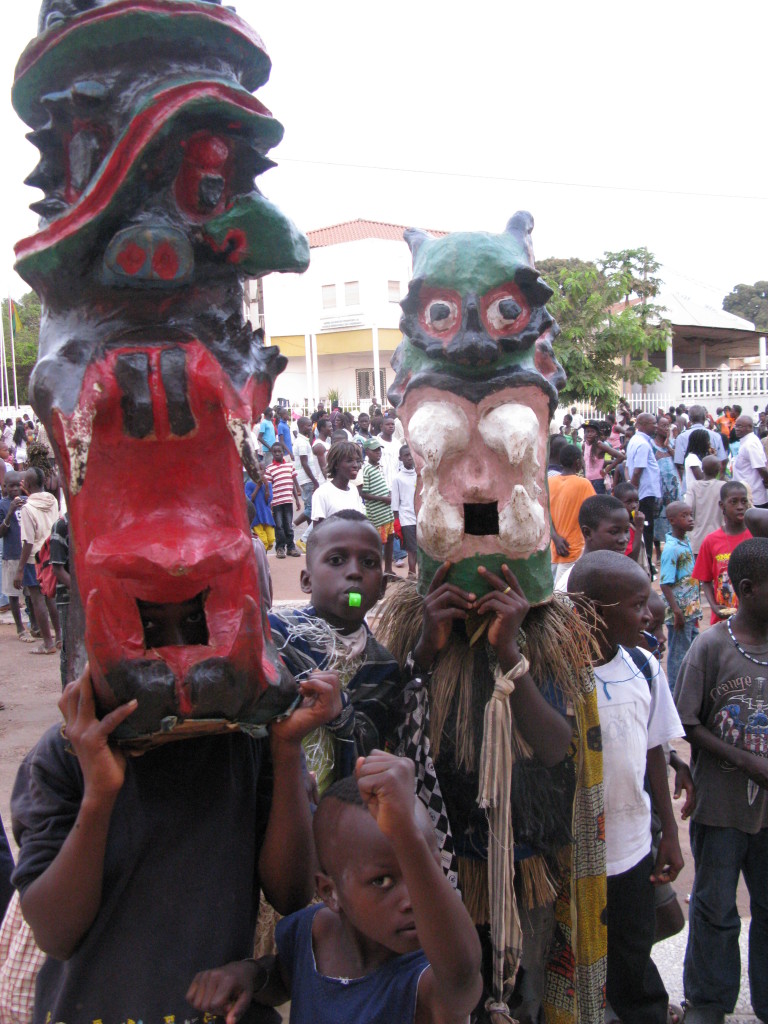 Poor infant and young child feeding practices, food insecurity, inadequate health services, high illiteracy rates – particularly for women – and poor access to safe, clean drinking water and proper sanitation facilities all contribute to major health challenges [2]. Malnutrition, anaemia, diarrheal diseases, acute respiratory infections and malaria are rife. Life expectancy is among the lowest in the world (55 years) and maternal mortality rates are among the highest (11th). Quite simply, adequate health facilities are virtually non-existent. The stark reality is that people are poor and dying from a lack of simple, basic requirements.
Poor infant and young child feeding practices, food insecurity, inadequate health services, high illiteracy rates – particularly for women – and poor access to safe, clean drinking water and proper sanitation facilities all contribute to major health challenges [2]. Malnutrition, anaemia, diarrheal diseases, acute respiratory infections and malaria are rife. Life expectancy is among the lowest in the world (55 years) and maternal mortality rates are among the highest (11th). Quite simply, adequate health facilities are virtually non-existent. The stark reality is that people are poor and dying from a lack of simple, basic requirements.
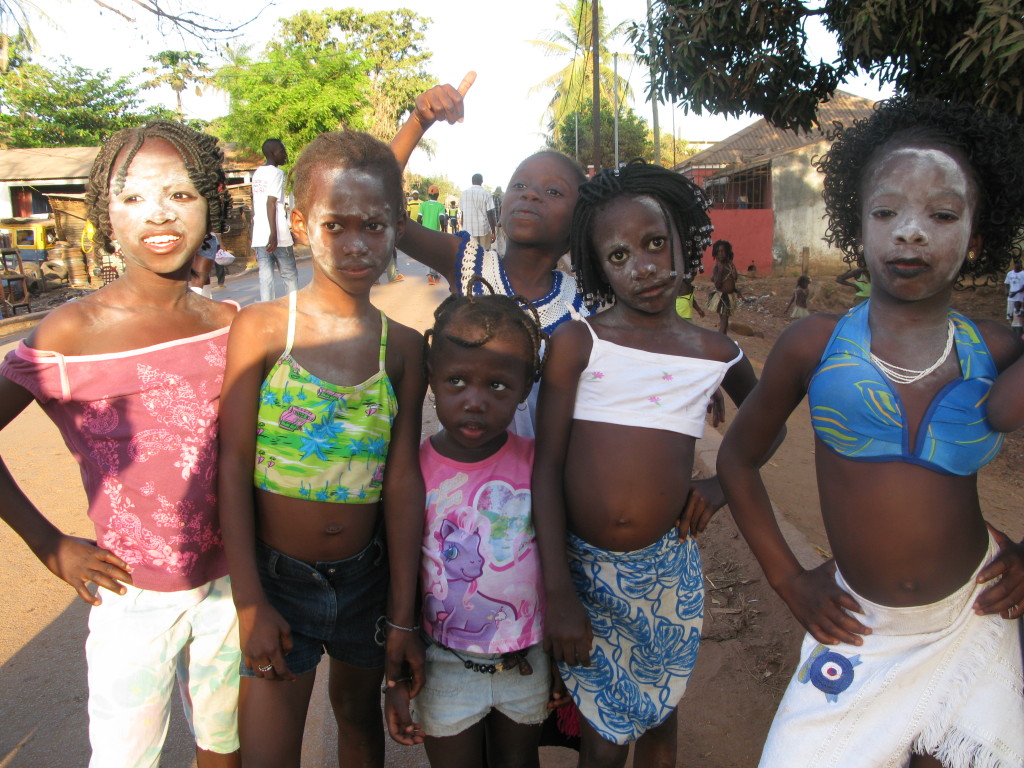 But all these depressing facts and figures ignore a few smiling, dancing, whistling, drumming, singing days just before Lent when the entire nation joins together and celebrates carnival. During this brief period a vast assortment of languages, cultures and religions and traditional art, music and dance merge together and thousands upon thousands of costumed and masked participants from every corner of the country take over the pot-holed, war-ravaged streets of the ramshackle capital, Bissau.
But all these depressing facts and figures ignore a few smiling, dancing, whistling, drumming, singing days just before Lent when the entire nation joins together and celebrates carnival. During this brief period a vast assortment of languages, cultures and religions and traditional art, music and dance merge together and thousands upon thousands of costumed and masked participants from every corner of the country take over the pot-holed, war-ravaged streets of the ramshackle capital, Bissau. 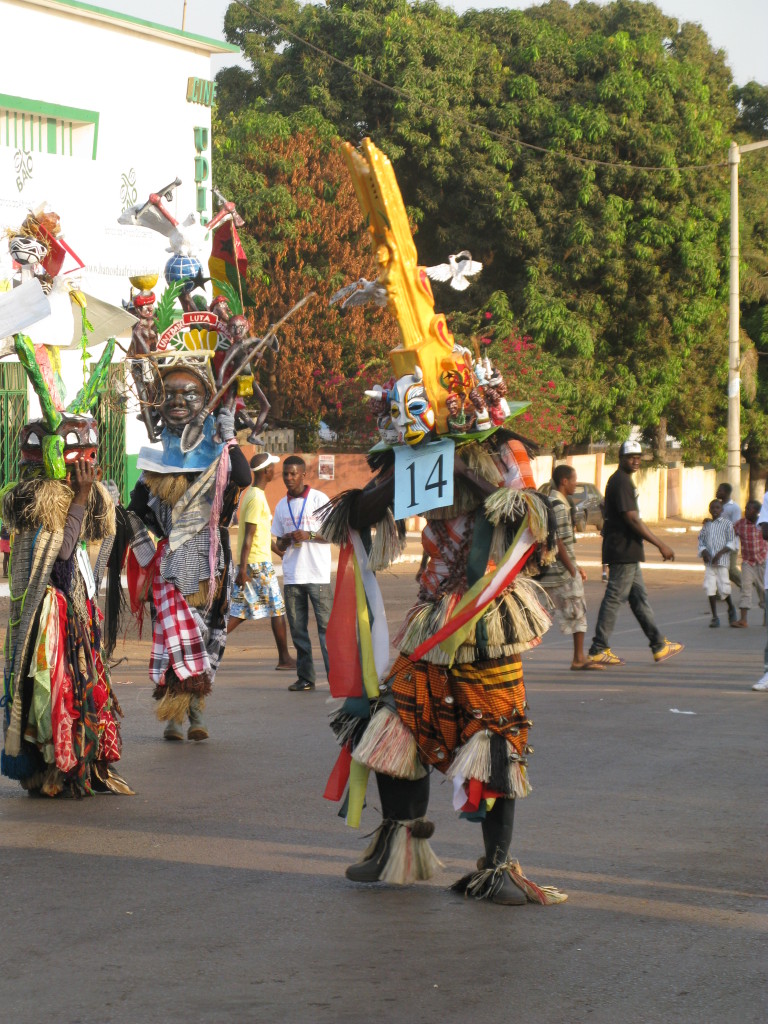 For these few days, euphoria rules over this small patch of poverty; Mardi Gras jubilation relieves the dramas and traumas, the tensions and drudgery of everyday life. During carnival the setbacks of living in one of the most politically chaotic and economically depressed countries in the world seem to be forgotten – if only briefly – as a plethora of elaborate papier-mâché masks, painted faces, grass skirts, bodies gleaming with palm-oiled skin and festooned with strings of beaded shells, baboon heads, cow horns and snake skins parade through Bissau. Although originally a Portuguese/Catholic festival, today Muslims, animists, and Christians of all ages, members of every political party, farmers, fisher folk, traders, beggars and even foreigners are as one as Guinea-Bissau unites in joy and exuberance.
For these few days, euphoria rules over this small patch of poverty; Mardi Gras jubilation relieves the dramas and traumas, the tensions and drudgery of everyday life. During carnival the setbacks of living in one of the most politically chaotic and economically depressed countries in the world seem to be forgotten – if only briefly – as a plethora of elaborate papier-mâché masks, painted faces, grass skirts, bodies gleaming with palm-oiled skin and festooned with strings of beaded shells, baboon heads, cow horns and snake skins parade through Bissau. Although originally a Portuguese/Catholic festival, today Muslims, animists, and Christians of all ages, members of every political party, farmers, fisher folk, traders, beggars and even foreigners are as one as Guinea-Bissau unites in joy and exuberance.
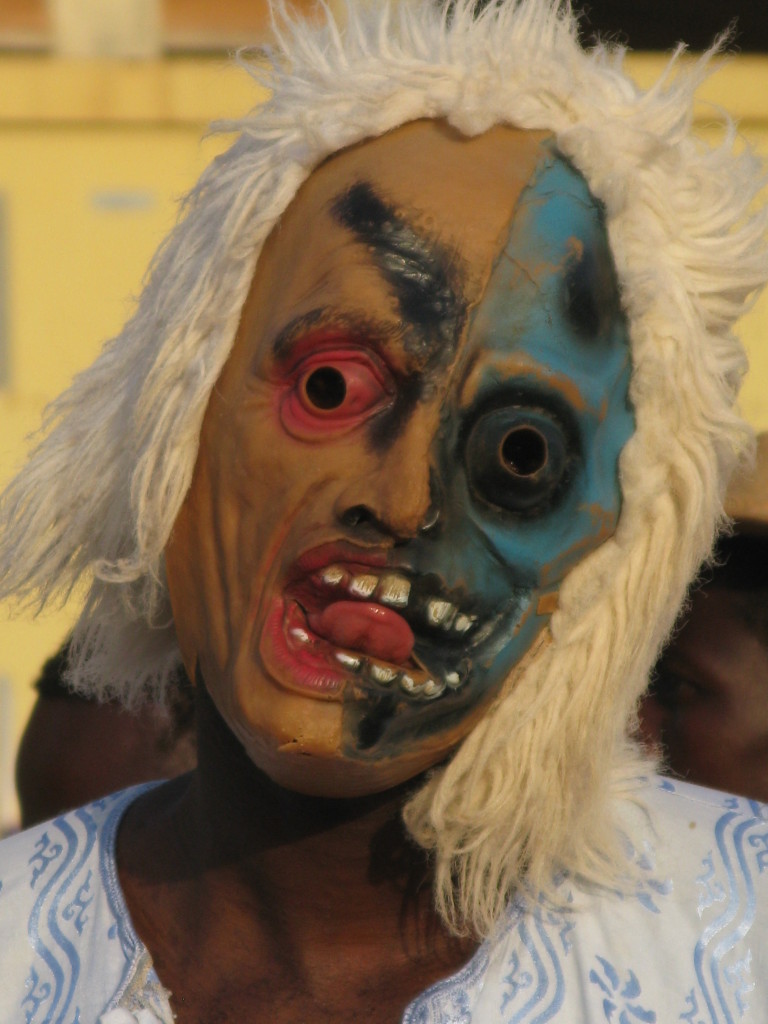
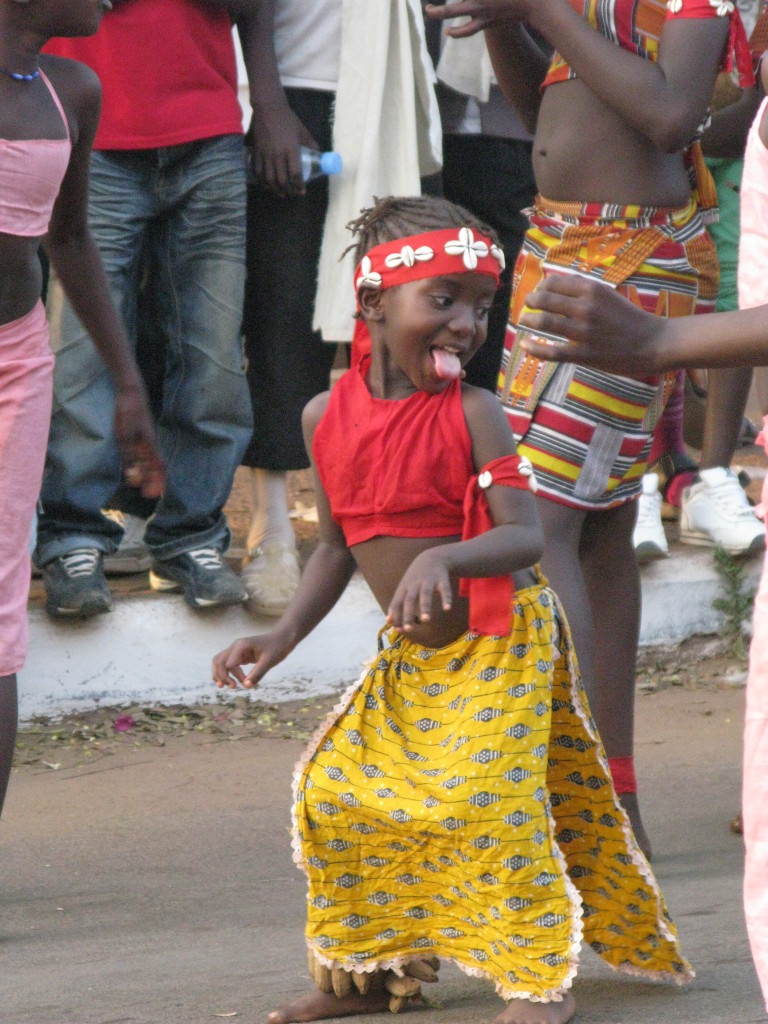
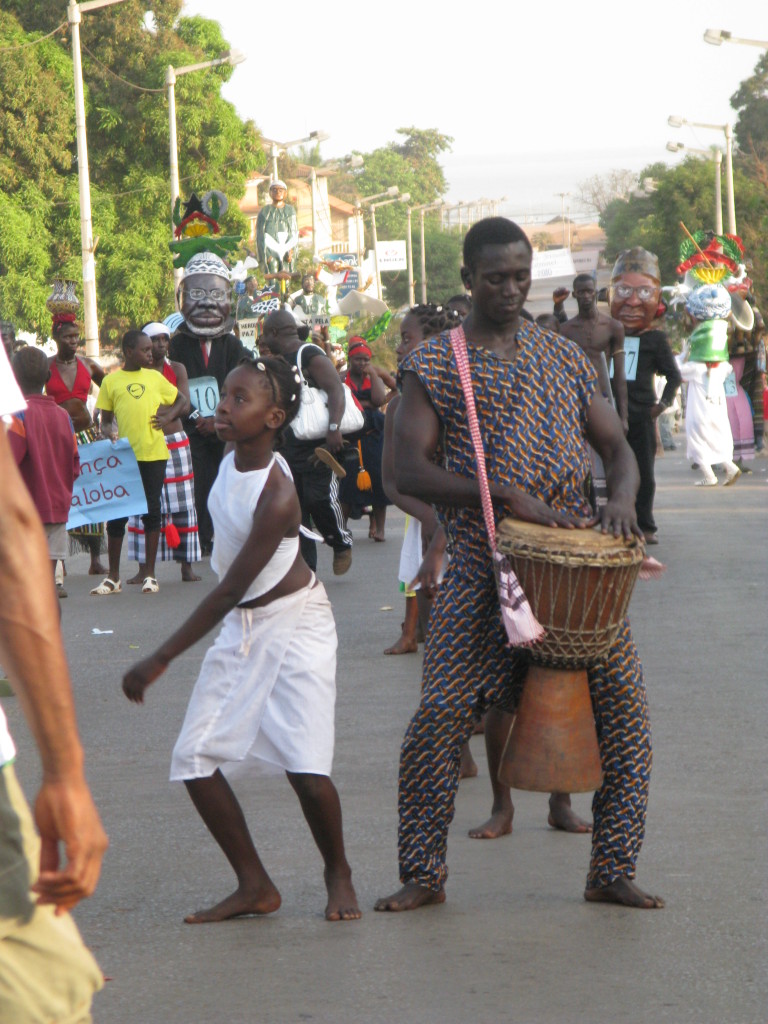
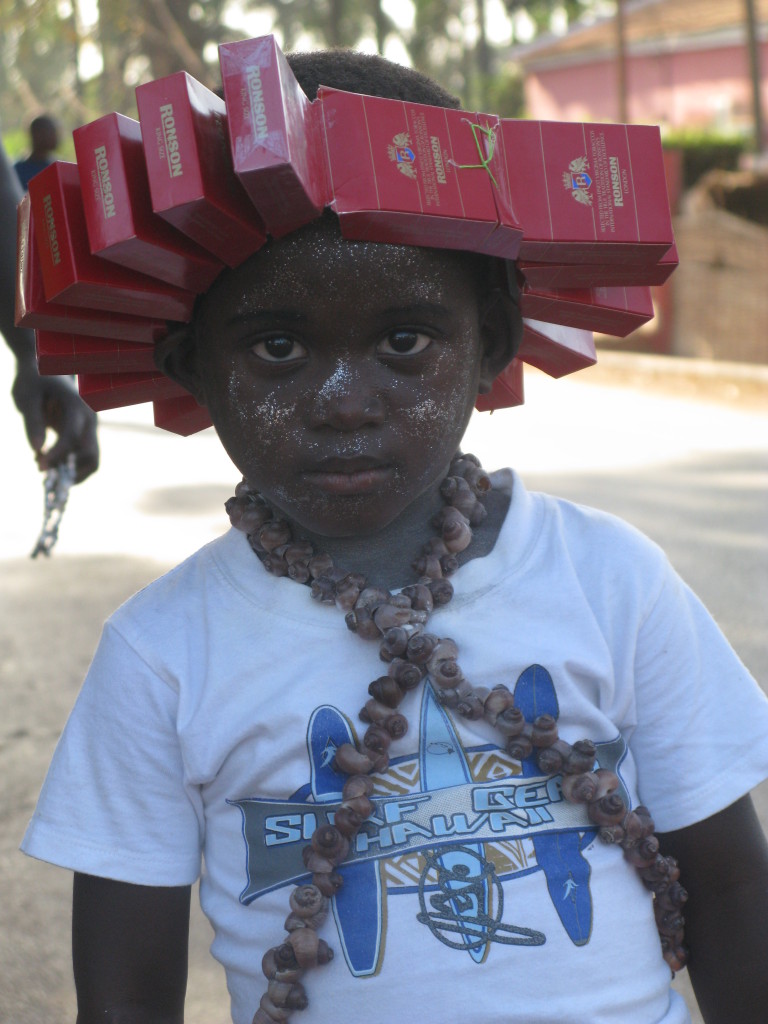
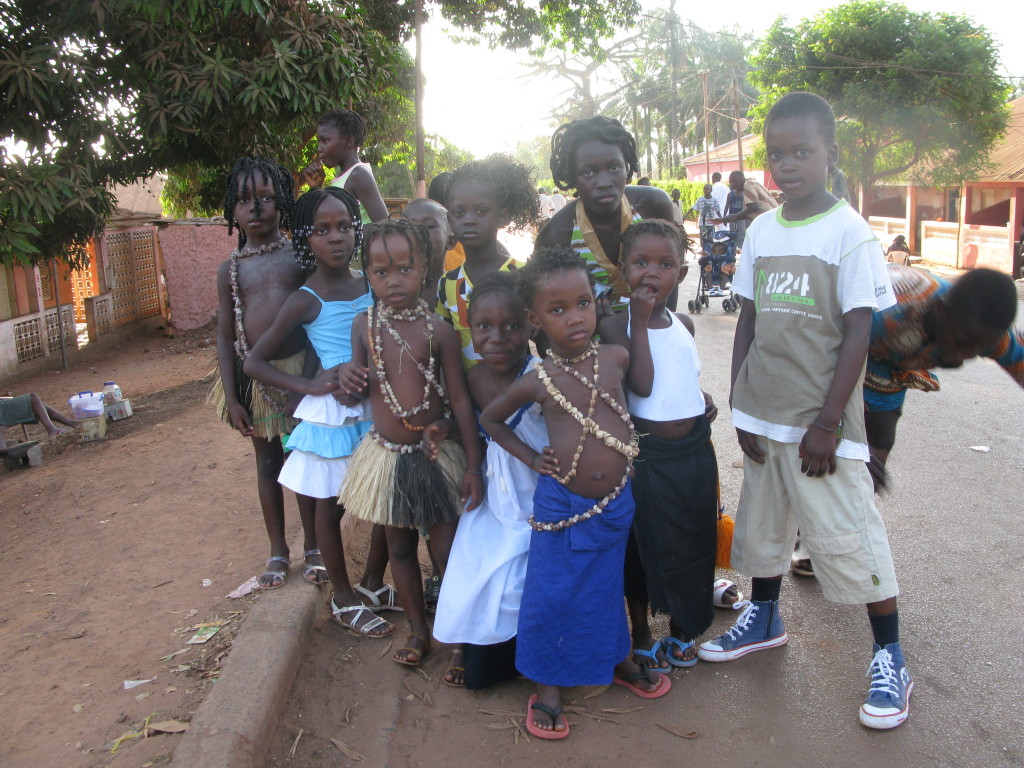
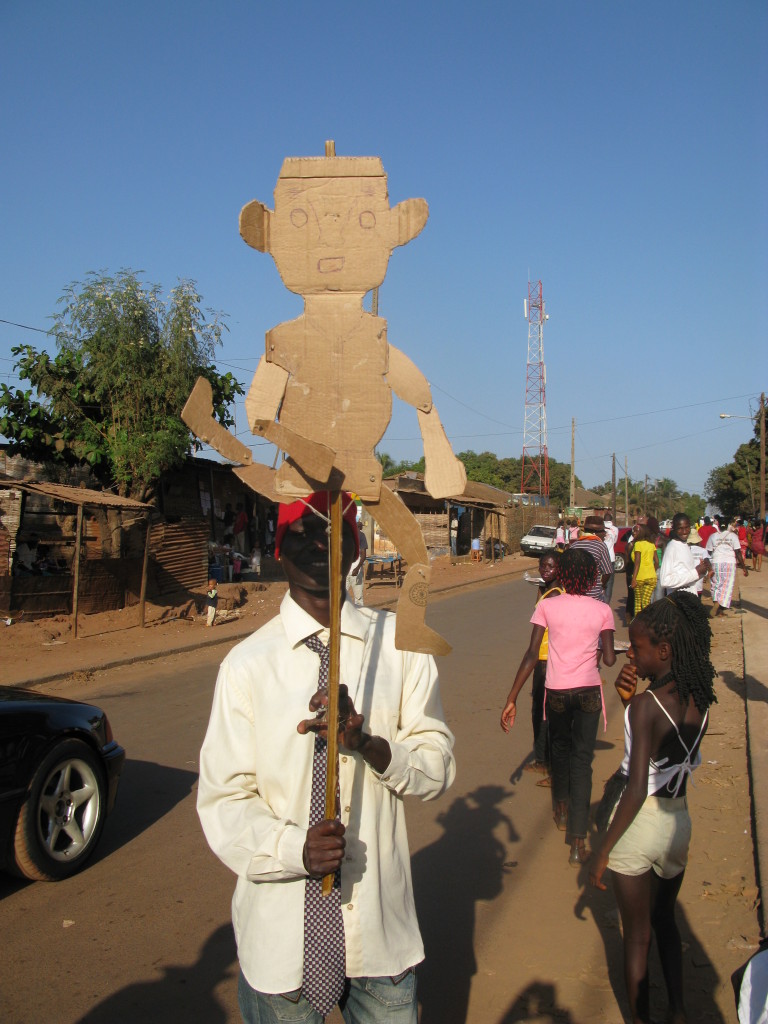
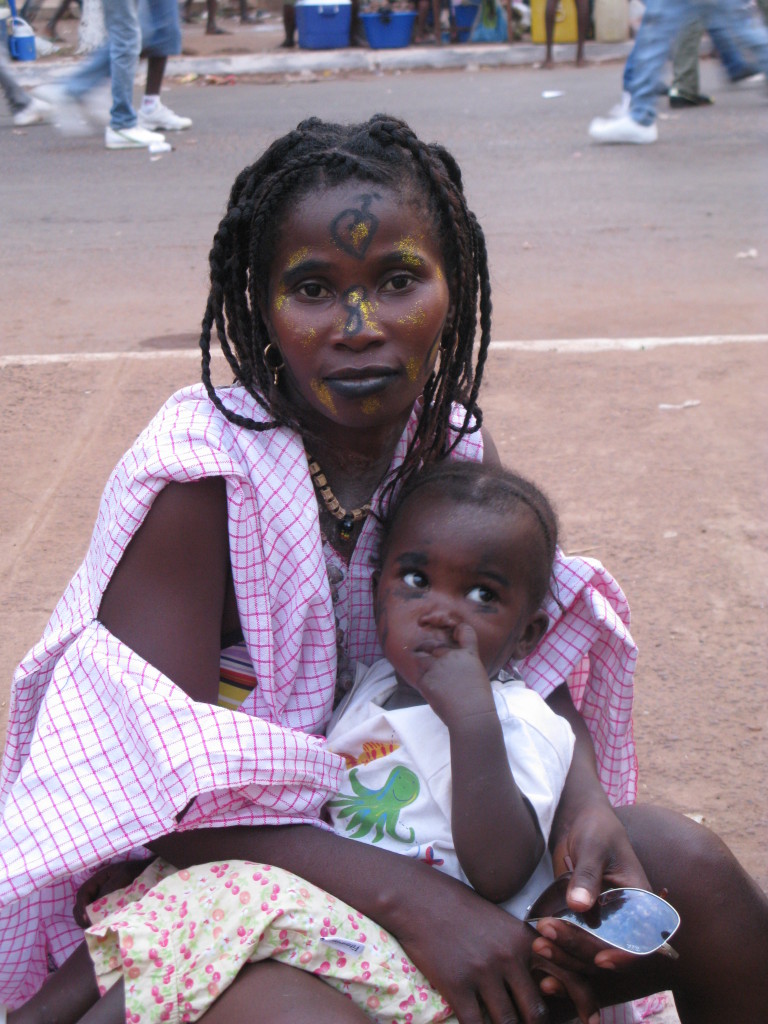
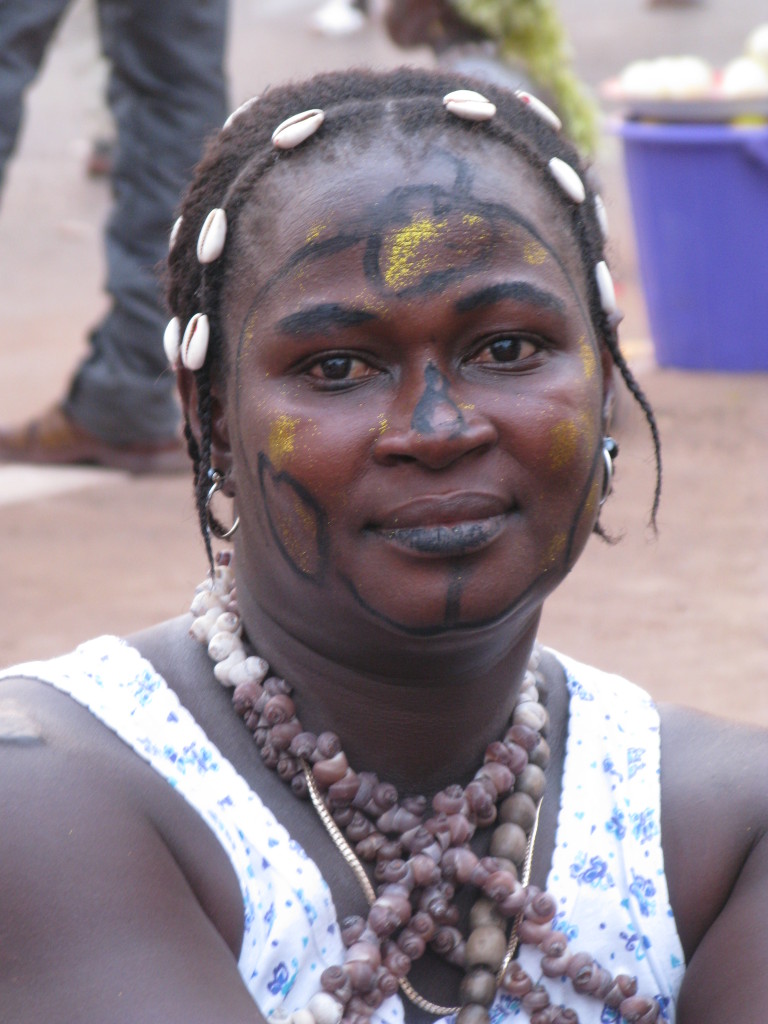
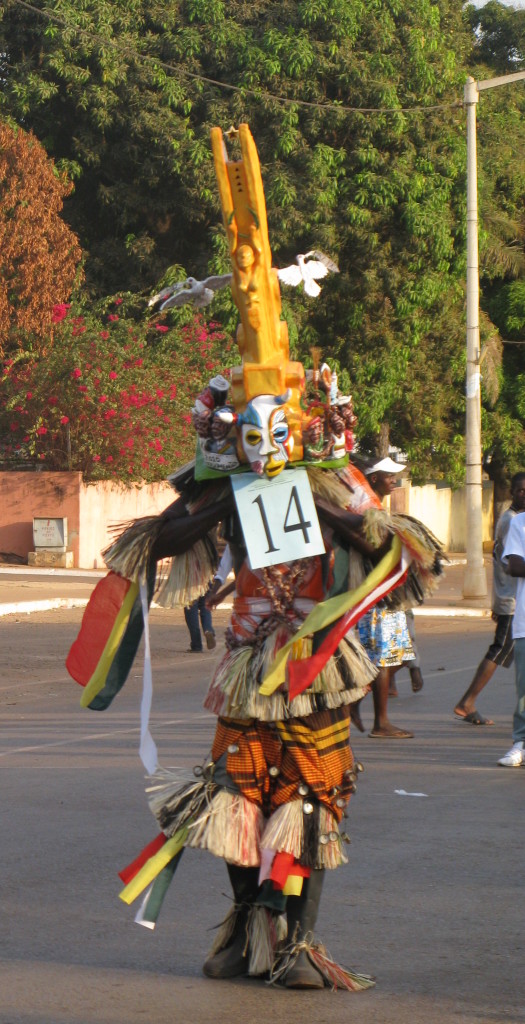
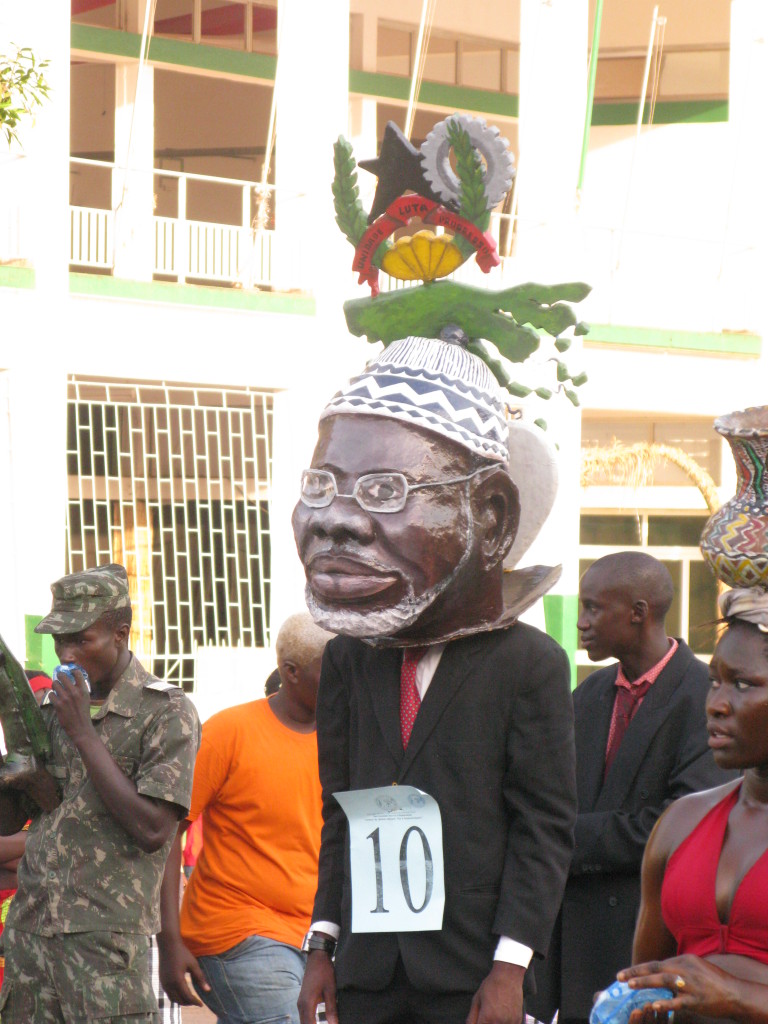 Notes
Notes
[2] http://www.wfp.org/content/overview-guinea-bissau
Dawn Starin has spent decades doing anthropological and biological research – mostly in Africa and Asia. Her writing has appeared in both academic and non-academic publications as varied as Behaviour, the Ecologist, Gastronomica, the Humanist, the Journal of the Royal Society of Medicine, Natural History, the New York Times, Philosophy Now and Scientific American.



One Response
I wish to get in contact with Dawn Starin as I am writing a biography of Eunice Foote who discovered in 1856 global warming.